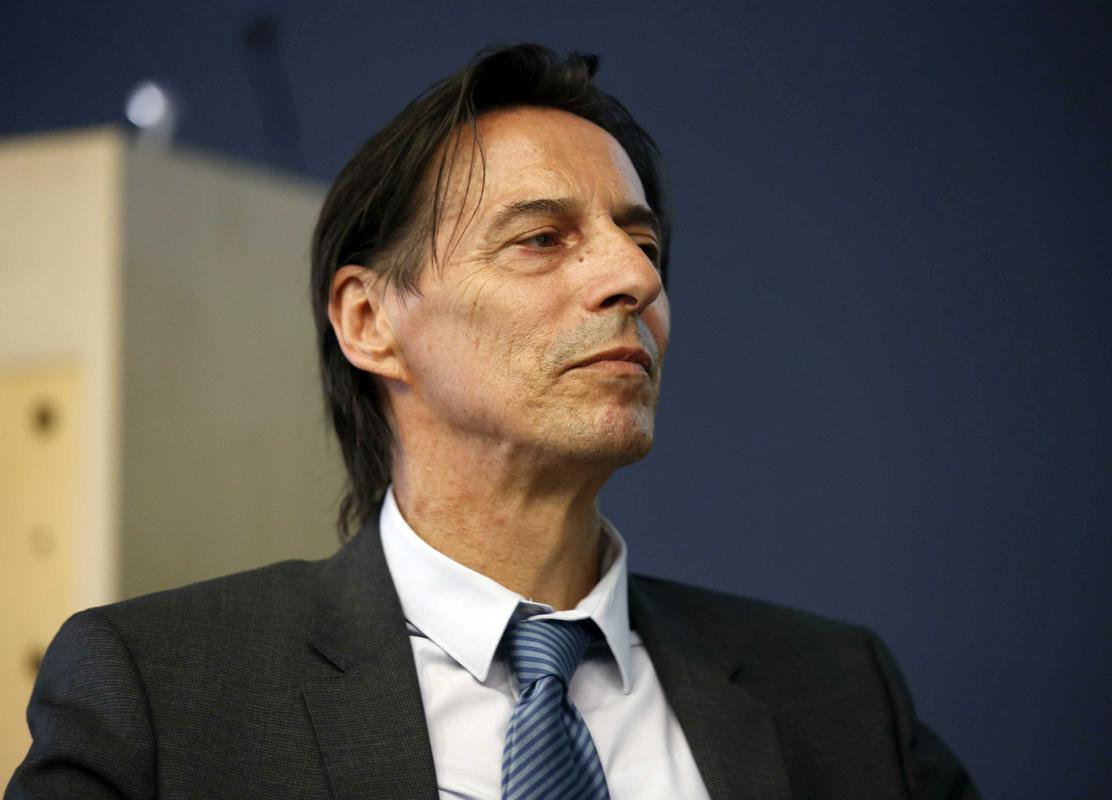
The Universal Declaration of Human Rights was adopted on December 10, 1948 in Paris. To mark the adoption of the document, the Ljubljana Faculty of Social Sciences, the Ministry of Foreign Affairs, and the United Nations Association of Slovenia recently held a panel discussion entitled “The Universal Declaration of Human Rights: Legacy and Challenges of Our Time”.
On January 1, Slovenia’s permanent representative to the UNHRC, Vojislav Šuc, started his one-year stint as President of the UNHRC. “These are hard times for human rights. We live in an era of decline,” he said at the beginning of his speech. “The Universal Declaration of Human Rights was created in the aftermath of World War II. The world had a moral obligation to do something, and so the Declaration was adopted. Then, decades of stagnation followed. The second window of opportunity came after the fall of the Berlin Wall. In 1993, the Vienna Declaration and Programme of Action was adopted. It embraced the notion of human rights as indivisible, interdependent, and interrelated.” Šuc went on to say that Slovenia took on the presidency of the UNHRC at a time when retrograde trends were on the rise, “The situation of human rights is alarming. Globally, human rights are being increasingly ignored. These trends are also reflected in the way the UN Human Rights Council is run. The dynamics have changed, and the United States and Europe are losing control. This creates a vacuum for others to fill, e.g. China, and they might introduce a different concept of human rights. When countries that don’t respect human rights see human rights violations in the West, they take advantage of the situation, saying ‘who are you to judge us’. We must preserve what we have created over the past decades so that these retrograde trends can be countered.”
Political divisions reflected in the UNHRC
Šuc stressed that real-world political divisions are reflected in the way the UNHCR is run. “We feel these divisions, especially over Syria. We recently held a meeting on the East Ghouta situation. It was the US and the UK against Russia and Syria. This is a reflection of reality. Then there’s the Palestinian question. The US, the UK, Australia, and Israel don’t want us to condemn Israel’s human rights violations in our resolutions, but the Islamic Conference wants us to put the issue high on the agenda. These divisions are a reflection of what goes on in the real world. No state has a veto at the UNHRC, so all resolutions are passed.”
UNHRC is powerful and effective
Šuc believes that the UN Human Rights Council, an inter-governmental body responsible for strengthening the protection and promotion of human rights, has been doing a fairly good job. “We have a broad network of mechanisms, i.e. special rapporteurs and commissions that work on the ground. They issue reports and call on governments to implement measures protecting human rights on the ground. This mechanism is effective. It does have an effect on governments. We can’t resolve every issue overnight, but constant demands tend to have a cumulative effect. After all, no country wants to be singled out as a human rights offender that refuses to cooperate. Governments need to cooperate with us, even though some don’t want to. They don’t want to cooperate with our special rapporteurs, but at the end of the day, no-one is immune to that. Governments have a moral obligation to respect human rights – we just have to make sure that they fulfil their obligations.”

































































